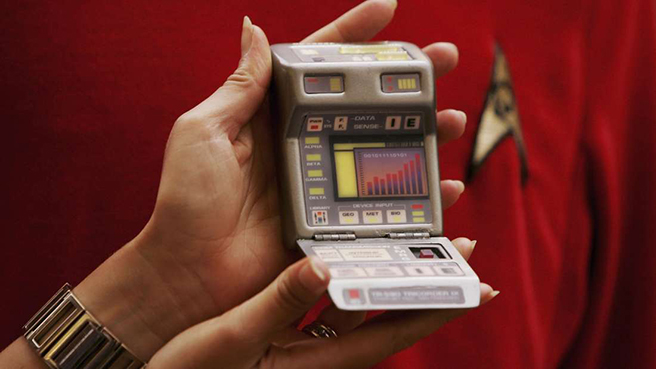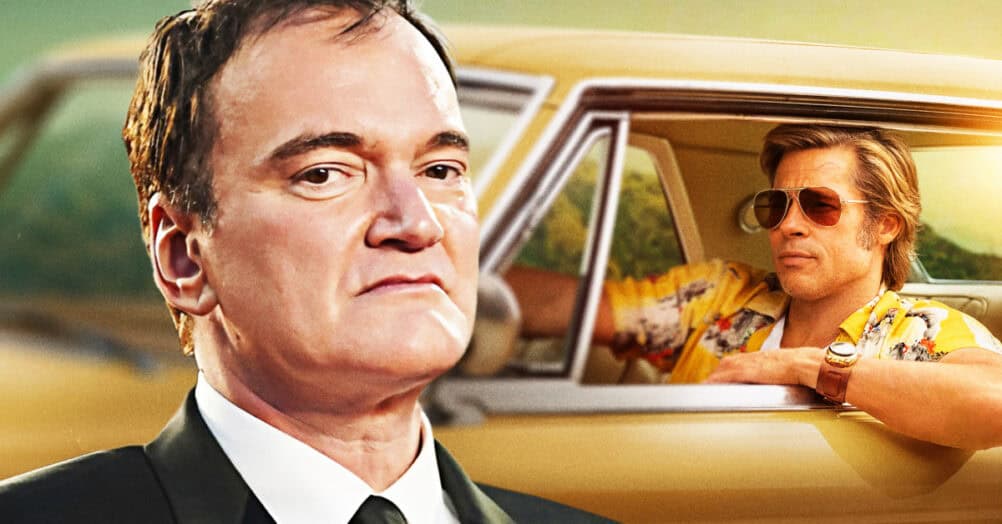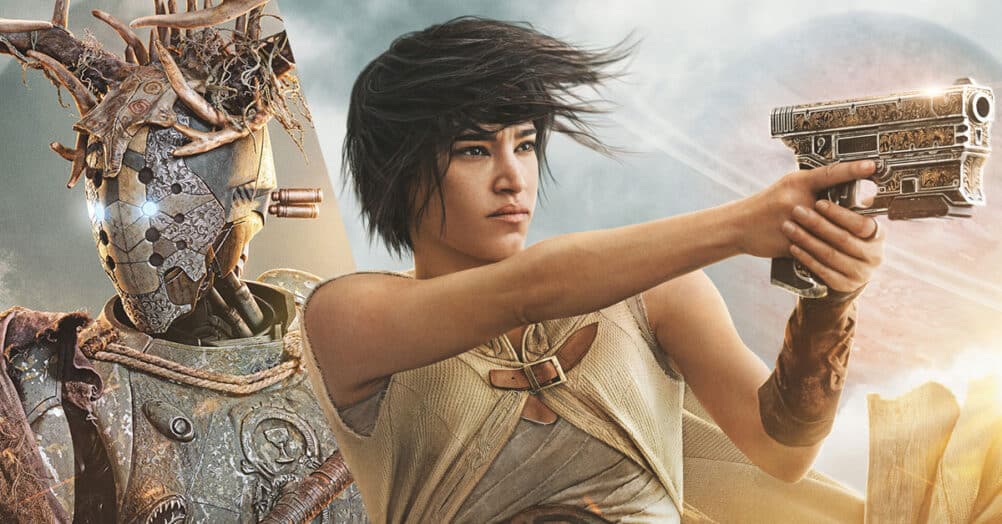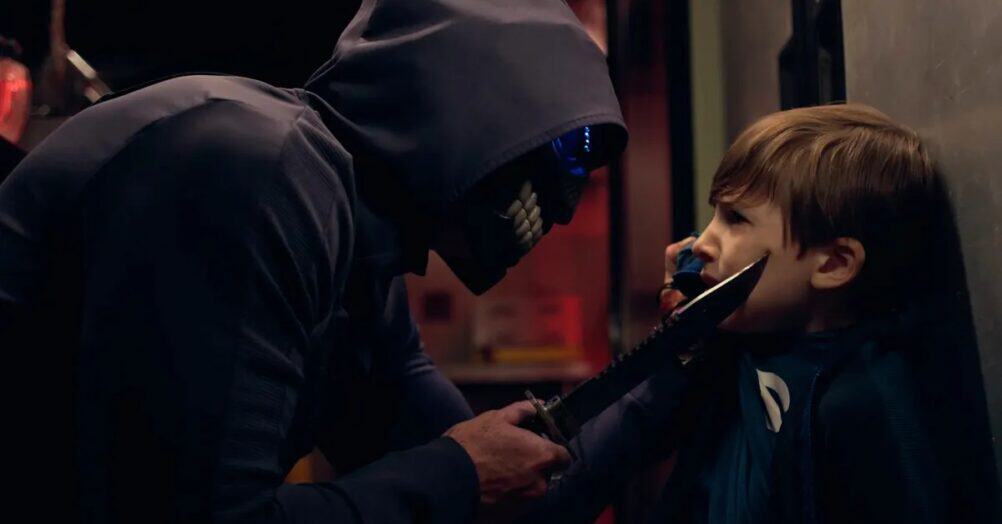Last Updated on August 2, 2021

I frickin' love science! In fact, I love it so much that I married a microbiologist. Okay, so maybe my loving my wife has very little to do with her job, but damn does she look mighty fine in a lab coat! Anyway, would it be fair to assume that you know of at least a few nifty devices that have been featured throughout the years as a part of the STAR TREK franchise? My personal favorites include the universal translator, bionic eyes, hyponeedle, and teleportation devices.
As cool as those devices are, there's one that would revolutionize the medical industry like no other, the Tricorder. One of the more useful instruments available to "Star Trek" personnel, variations of the tricorder (medical, engineering or scientific) were used to measure everything from oxygen levels to detecting diseases. As luck would have it, the non-profit organization X-Prize Foundation were quite hard-up on having one invented that they initiated a global competition to see if any of the world's sharpest minds could replicate the instruments near-magical science.
Sounds impossible, right? Well, what if I told you that one team managed to be successful in the contest's appointed task? That's right, a team comprised of family members hailing from Pennsylvania called Final Frontier Medical Devices snagged themselves $2.5 million in prize money for their invention. The second prize of $1 million went to the Taiwan-based Dynamical Biomarkers Group.
Taken from IFLScience.com:
The objective of the Qualcomm Tricorder XPRIZE competition was to create a lightweight, non-invasive, handheld device that can identify 13 health conditions (12 diseases, and the very absence of disease) in 90 minutes to 24 hours with no additional help or counsel from medical professionals. Five vital health metrics, like heartbeat and respiratory function, were also required to be constantly monitored.
The team responsible for the winning design was spearheaded by brothers Dr Basil Harris, an emergency physician, and George Harris, a network engineer. Together, the Harris Brothers invented the "DxtER", a device infused with artificial intelligence, which that Harris' financed in a partnership with two of their other siblings.
Taken from IFLScience.com:
Using a custom built AI, DxtER uses non-invasive sensors to get a baseline health report on the patient while simultaneously comparing and contrasting these states with an encyclopedia of the most cutting-edge medical information from clinical databases.
The AI is complex enough to be able to accurate diagnose all 13 of the required medical conditions long before the 24-hour time period expires. In fact, it can diagnose 34 conditions at present.
This is far from the end of the road for the Tricorder, however. The purpose of the competition wasn’t just pure curiosity, but to discover the very best of human ingenuity – to create a genuinely revolutionary and portable medical device.

The team behind Final Frontier, and seemingly the runner-ups, will be given funding and experts to help advance their devices beyond the prototype phase. The Qualcomm Foundation has committed $3.8 million, and they have also requested a proposal for a $2.5 million grant for the University of California, San Diego, to help them get involved too.
The Roddenberry Foundation will also bequeath an additional $1.6 million towards the adaptation of the teams’ Tricorders for actual use in hospitals and developing communities across the globe. A facility in Mozambique will be the first to get to use the devices in real-life situations.

Well hot damn! I wish I had the medical science know-how to get a job like this done. The first thing I would do is scan it on myself to discover the reason why I've had a headache since last Thursday. Maybe it's these long hours, or something they've put in the Canadian water supply? Either way, major kudos is in order to the winning team! May they each live long and prosper!
You can catch just about everything STAR TREK on Digital, DVD, and Blu-Ray right now.




















Follow the JOBLO MOVIE NETWORK
Follow us on YOUTUBE
Follow ARROW IN THE HEAD
Follow AITH on YOUTUBE